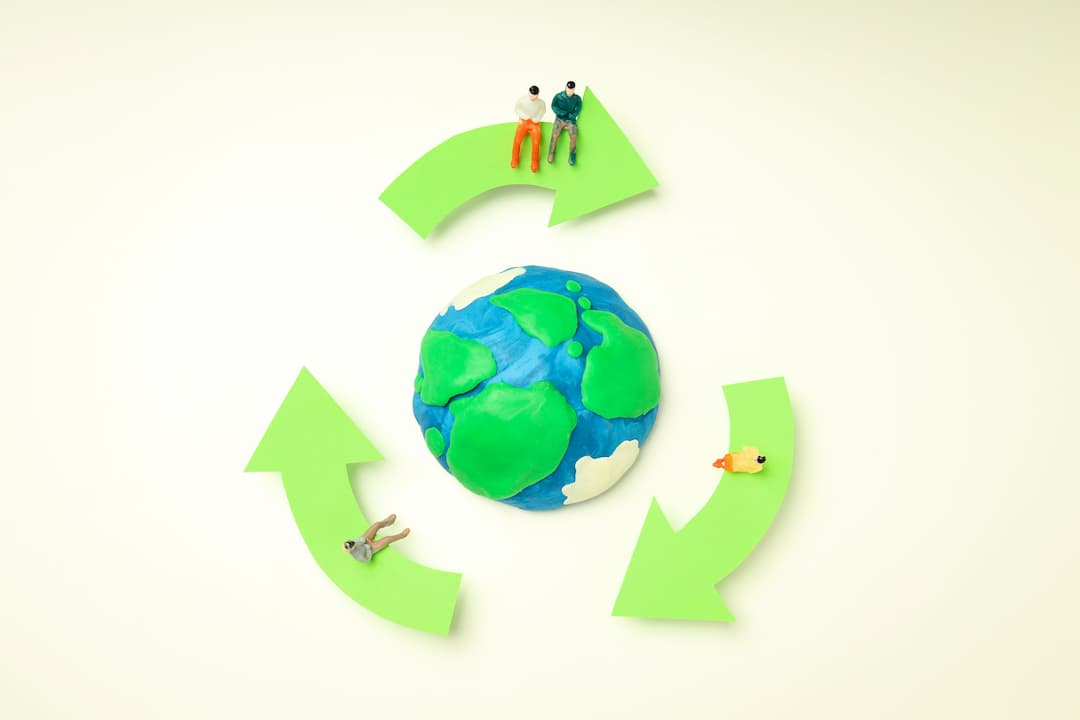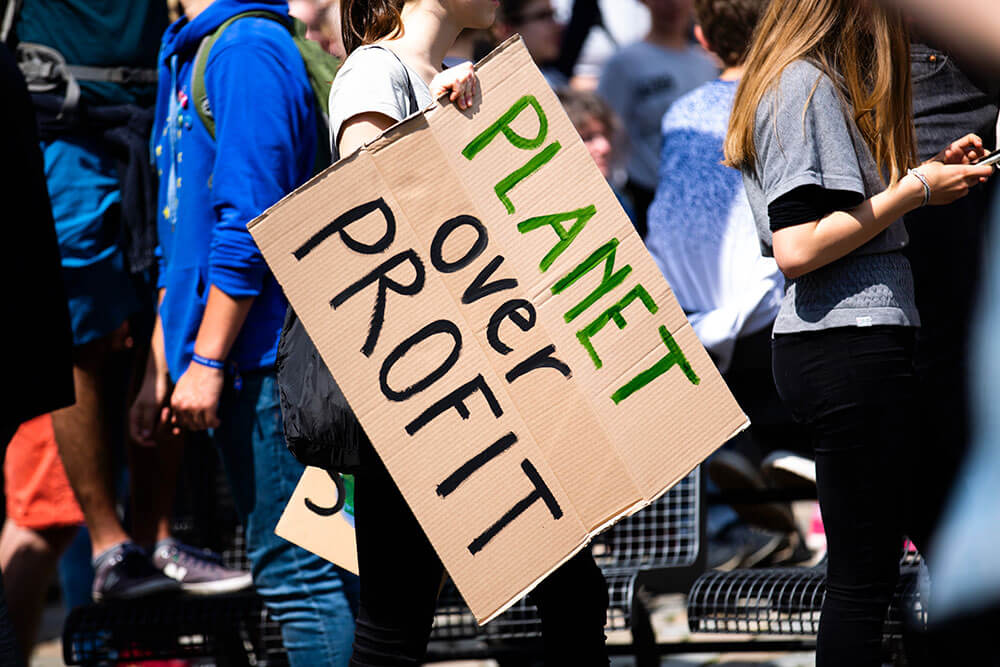 Purpose and Profit
Purpose and Profit
Building a Transparent, Efficient, and Compliant Collection Network
📌 Objective: Learn how to monitor, enhance, and optimize the collection ecosystem using Plastic Bank’s digital tools and standards.
As a processor, you collaborate with many suppliers to receive feedstock, which you process into flakes or pellets. This section highlights how we, together with our partners and certification bodies, interact with suppliers following internationally recognized standards. Adopting this approach ensures alignment with the customer mix we collectively serve and maintains a commitment to shared goals and values.
A critical aspect of this partnership is onboarding suppliers—often small and medium-sized enterprises—into the Plastic Bank ecosystem. This process empowers them to operate effectively while adhering to established standards that benefit all stakeholders.
This section guides onboarding and offers strategies for managing the supplier network post-onboarding.






